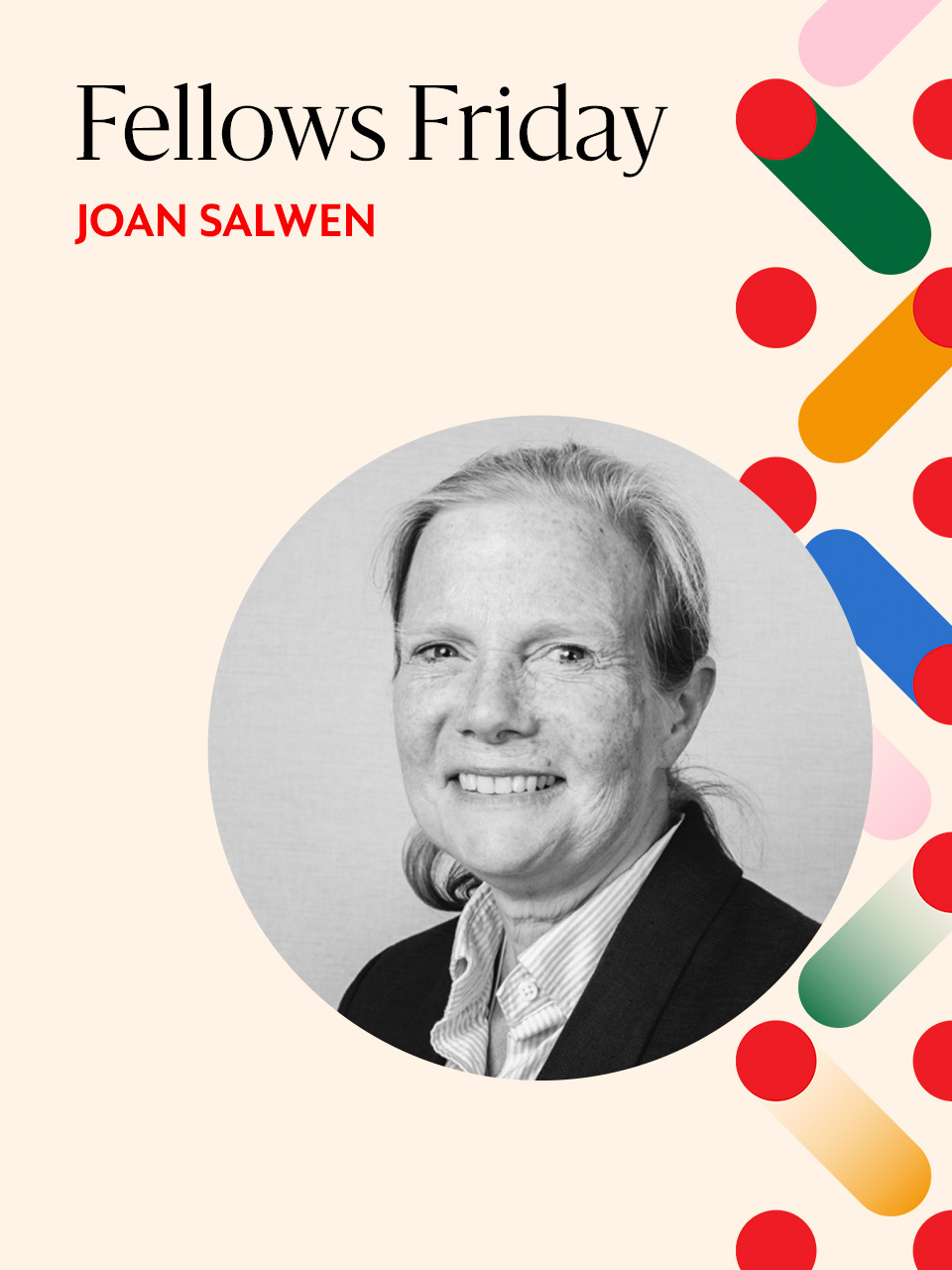
How to reduce global methane emissions? Feed seaweed to cows
56 min watch
Working to understand the complex interplay of race, identity, and democracy in the U.S.

Theodore R. Johnson was educated at Hampton University, a historically Black college or university, and served in the Navy. During his twenty years in the Navy, he went on multiple deployments, was a speechwriter in the Pentagon, and was selected as a White House Fellow during the Obama administration. When killings of unarmed Black Americans started filling the nightly news, Ted felt an overwhelming tension between the institutions that had made him. He left the military to study law and policy, earning an ALM at Harvard and a doctorate at Northeastern University.
Today, Ted is a senior fellow at the Brennan Center for Justice at New York University School of Law—an advocacy organization that works to reform, revitalize, and defend our country’s systems of democracy and justice—where he directs its Fellows Program. Central to the Brennan Center’s efforts: Examining the institutions, laws, regulations, and processes that make up our democracy. Ted’s first book, "When the Stars Begin to Fall: Overcoming Racism and Renewing the Promise of America," explored how structural racism—in our laws, institutions, regulations, and processes—threatens the American idea.
As an Emerson Collective Fellow, Ted will conduct an ethnographic study of the ways that race is bound up in conceptions of American identity and democratic culture, influencing which voters and leaders are seen as legitimate, which types of civic engagement are acceptable, and so much more. His research will engage a racially and regionally diverse set of Americans to examine how their understanding of democracy interacts with racial and group identities. He plans to produce a nonfiction book—an essay collection—that highlights how the impact of racism on the first principles of American democracy hinders our ability to imagine and construct a more inclusive and just society. “The future of our democracy,” he says, “hinges on our ability to disentangle race from narrow conceptions of what it means to be American.”